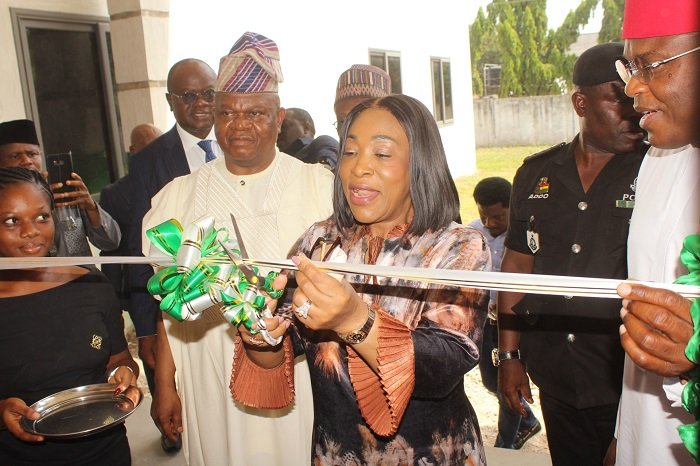ARTICLE AD
Cowpea farmers in the Bono Region have appealed to the government for the development and release of more improved cowpea varieties that are pests and drought resistant to enhance cultivation and livelihood of farmers.
According to the farmers, the varieties of Cowpea, including Songotra T being cultivated by farmers were prone to pest’s infestation resulting in low yields and farmers’ income.
Mr Prince Sie, a 30-year-old Cowpea farmer at Banda Ahenkro, noted that farmers were losing a huge chunk of the crop to pest’s infestation during production, thus compelling farmers to rely heavily on pesticides to control the menace.
The situation, he noted, was increasing cost of production and was inimical to the environment, hence the appeal to change the narrative.
Mr Sie was speaking on the sidelines of a day’s training workshop for selected Cowpea farmers on a new developed pot-Borer Resistance Cowpea (PBR,) by the Council for Scientific and Industrial Research (CSIR) at Wenchi in the Bono Region yesterday.
The training workshop, organised by the Ghana Chapter of Open Forum on Agricultural Biotechnology (OFAB) in partnership with the CSIR, was attended by 120 farmers drawn from five Districts in the Bono Region.
The Districts are Banda, Seikwa, Tain, Wenchi and Sunyani municipal.
Making a presentation on development and status of Cowpea in Ghana, Dr Daniel Osei Ofosu of the Ghana Atomic Energy Commission, said the new Cowpea (PBR) had come to solve the problem of low yield that had characterised cowpea production, making it unattractive to most farmers.
According to him, the PBR cowpea required minimum use of pesticides (0-2 applications) as compared to 6-8 applications in Songotra, hence reduce production cost to the farmer.
Dr Osei Ofosu added that even though the PBR cowpea is a genetically modified crop, it has no side effect since GM processes only adopt natural processes in arriving at the same results.
He allayed the fears of the public about Genetically Modified (GM) foods, saying all GM foods went through regulatory requirements before being released onto the market.
He emphasised the need for farmers to incorporate scientific methods of crop cultivation to mitigate the effect of climate change which was posing a threat to food security in the country.
The Bono Regional Agricultural Extension Officer, Mr Isaac Agyei Mensah, appealed to the media to help propagate the message on the new Cowpea in order to get more farmers go into Cowpea production.
According to him GMOs products have come to stay and called on Ghanaians to embrace it in order to increase food production in the country.
Mr Richard Ampadu-Ameyaw, a representative of Open forum on Agricultural Biotechnology Ghana (OFAB), also appealed to Ghanaian farmers to embrace the new technology in order to enable them to increase their yield and improve their livelihoods.
FROM DANIEL DZIRASAH, WENCHI

 1 month ago
16
1 month ago
16 

